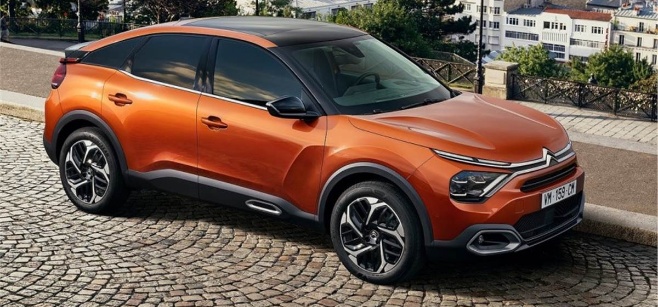Do you Save Money Driving an Electric Vehicle?

Electric vehicles are becoming more popular, especially now that the Government has committed to phasing out the sale of petrol and diesel vehicles by 2030 to greatly reduce carbon emissions in the UK. If you're considering dumping your petrol or diesel motor in favour of an electric vehicle, you'll benefit in more ways than one. When done correctly, owning an electric vehicle can save you a lot of money in the long term.
These vehicles run entirely on electricity and hence create no exhaust emissions. They are powered by an electric motor that is charged by connecting the car into a specially constructed socket.
EVs offer considerable savings on running costs compared to a traditional ICE car, largely as the pence-per-mile cost of recharging an EV is significantly less than the pence-per-mile cost to refuel. The Energy Saving Trust estimates a full charge in an EV giving you a typical range of 100 miles costs around £4-6 using a home charging point, £8-£10 using a public charging station, or £13-£16 in an ICE equivalent model.
On top of that, the service and repairs costs of EVs are around 30 percent cheaper. Plus, there are fewer moving parts on EVs, so fewer parts to replace or repair over time.
However, when buying a new car, the cost of an EV is still currently greater than an ICE model. Even with the Government grant in place, you may find a petrol or diesel car cheaper than its EV equivalent to purchase. Over the lifetime of owning a car, however, most EVs still work out more economically.
